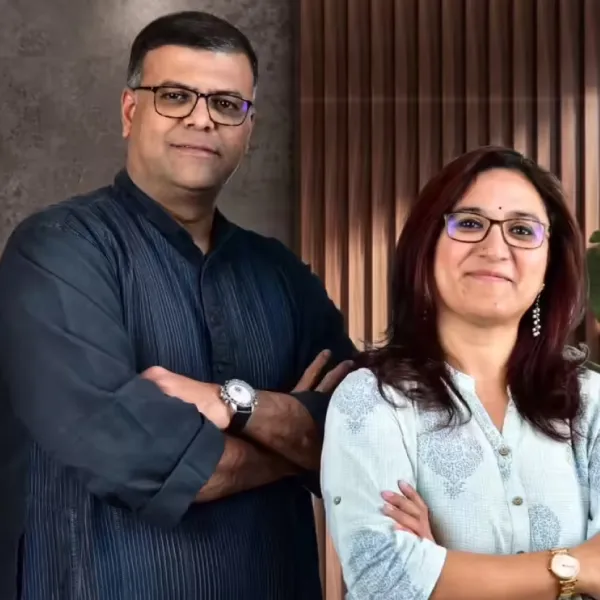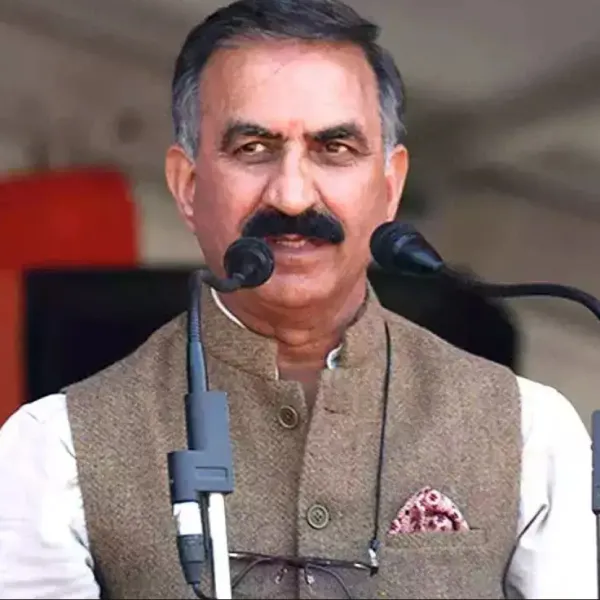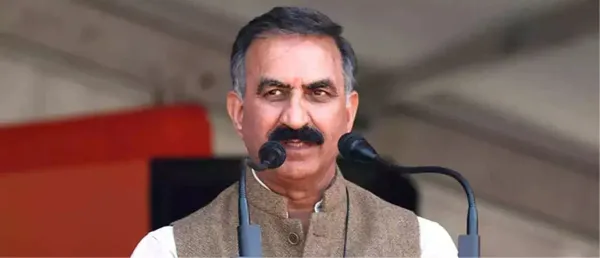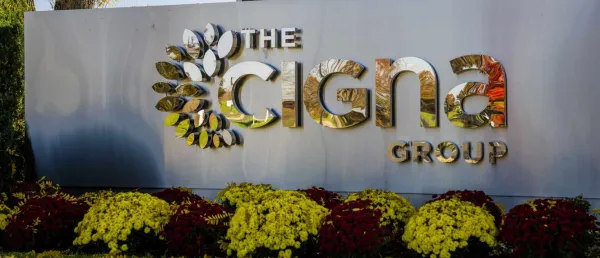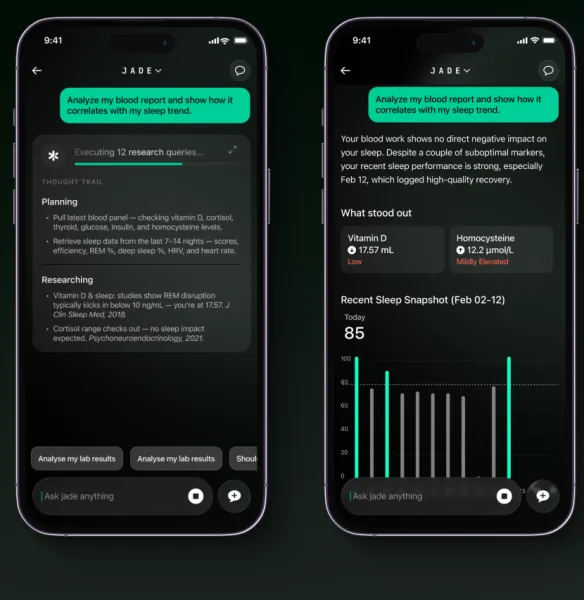Massive Funding Gap Delays Completion of 24 Delhi Hospitals

To complicate matters further, an additional INR 8,000 Cr is needed annually to maintain and operate these hospitals once they are operational.
Delhi’s healthcare infrastructure is in jeopardy, with more than INR 10,250 Cr required to construct 24 hospitals and additional blocks in existing facilities.
To complicate matters further, an additional INR 8,000 Cr is needed annually to maintain and operate these hospitals once they are operational.
During a high-level meeting on September 11, chaired by LG VK Saxena, the Delhi government was urged to resolve its budgetary constraints to prevent incomplete healthcare projects from stagnating.
Budgetary Allocation Falls Short
The finance department highlighted a significant funding gap, stressing that it would be "difficult to provide the required funds from the state budget" due to an ongoing resource crunch.
The budgetary allocation for capital works in the 2024-25 fiscal year stands at INR 372 Cr, which officials said is far too low to meet the funding requirements.
“The principal secretary (finance) emphasized the severe resource shortage within the Delhi government’s budget and highlighted the difficulties in allocating funds for hospital construction, additional infrastructure like parking, utility blocks, and the substantial amount needed to operate the hospitals,” the meeting minutes revealed.
With the current allocation, officials said completing the hospital projects could take a decade.
LG VK Saxena expressed concern about the delay, stating that it was crucial to resolve outstanding issues immediately, or Delhi risked being left with “empty concrete shells in the name of hospitals.”
Operational & Staffing Challenges Ahead
Once completed, the hospitals are expected to incur annual operational costs of INR 8,000 Cr. This expense covers essential services, equipment, and staffing.
The Delhi High Court had previously formed a committee in February 2024 to address the shortage of healthcare resources, including ICU beds and ventilators.
The committee, headed by Dr SK Sarin, Chancellor of the Institute of Liver and Biliary Sciences, submitted a report in April recommending improvements in healthcare services.
The court's concerns grew after media reports revealed that 24 hospitals had been under construction for several years.
Additionally, the capital would need to create 38,000 new positions, including doctors, specialists, and paramedics, to staff these new facilities fully.
“Revised cost estimates, including the construction of additional floors in some hospitals, have led to significant cost overruns, with some estimates tripling the original budget,” officials stated.
These revised estimates still require government approval.
Critical Decisions on Specialisation
Despite the significant construction progress, critical decisions about the hospitals’ specializations and internal layouts remain undecided. Saxena expressed surprise during the meeting, noting that “construction continued without making basic decisions” on how the hospitals would operate in the future.
Health officials also pointed out several logistical oversights. Basic facilities like parking, administrative blocks, and critical care areas such as ICUs were not defined in many hospitals. Some hospitals even lacked plans for procuring medical equipment.
“Several under-construction hospitals do not have basic arrangements for parking,” one official explained, adding that in one case, a parking area was used for an additional hospital block.
Additionally, many hospitals lacked plans for essential utilities, kitchens, mortuaries, and staff rooms.
The LG urged the health minister to resolve these ongoing issues swiftly. However, a clear strategy for financing the hospitals remains unclear. While the previous health minister had considered a public-private partnership model, no final decision has been made on how the hospitals will be run.
Moreover, Current health minister Saurabh Bharadwaj suggested forming an expert committee to provide recommendations, but progress has stalled in this area.
Furthermore, the LG stressed that the situation would remain frozen until decisions regarding the hospitals’ specializations, staff requirements, and budgets were made. The Public Works Department's revised projections have also yet to be approved, further delaying the process.
The discussion also covered several other unresolved matters. These include implementing an integrated hospital management system, the framework for public-private partnerships in diagnostics, finalizing an essential drug list, and establishing Jan Aushadhi Kendras in hospitals. Key leadership roles remain vacant, such as full-time medical superintendents and directors.
Without immediate action and budget approval, these under-construction hospitals risk becoming costly to the state, offering little value to the residents who need them most.
Stay tuned for more such updates on Digital Health News.
Stay tuned for more such updates on Digital Health News











